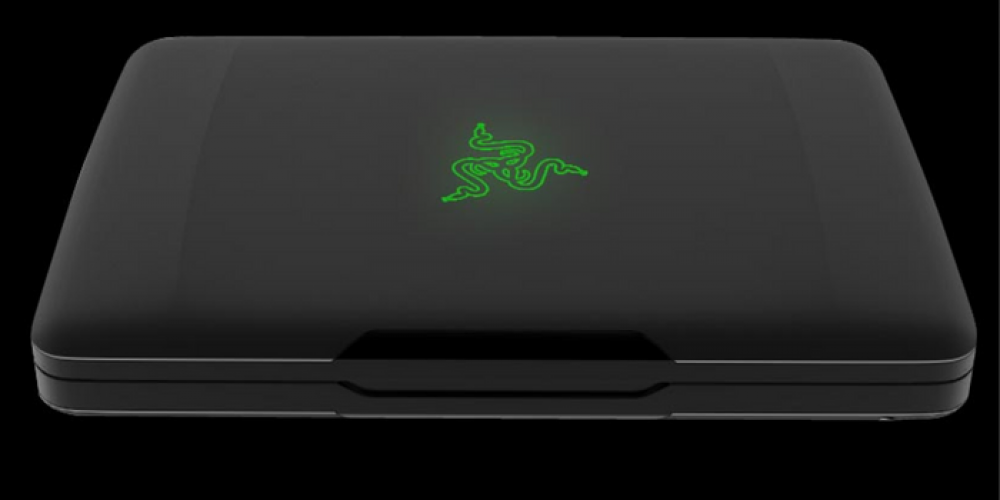10 Jan
Benjamin Carter

The gaming industry is always one step ahead of the competition, and this year's Consumer Electronics Show (CES) was no exception. Razer, arguably the biggest name in gaming hardware and accessories, dropped a bombshell on us when they teased their upcoming handheld console called the Razer Edge. After months of speculation, I finally got to get hands-on with this new device in person at CES 2023. Let's have a look at what it has to offer!
The main highlight of the Razer Edge is that it pairs an upgraded version of their Kishi V2 controller accessory with its own purpose-built not-a-phone device running Qualcomm’s Snapdragon G3x Gen 1 Gaming Platform. While its 2400x1080 AMOLED display looks great in person with 144Hz support, where the real magic happens is within the custom software interface tailored to facilitate cloud gaming services as well as other Android titles which have been verified by Razer for use with controllers like these.
Cooling technologies are also implemented into the system for sustained optimal performance without any throttling down during gameplay sessions; plus, there's an analog headphone jack so you can enjoy low latency audio without worrying about being overheard. The Wi-Fi version will cost around $400, while the 5G variant comes out slightly higher at a $600 retail price, but Verizon lets you pay up in monthly installments if you get both together or add a tablet line alongside it.
As much as I was excited about getting my hands on this latest piece from Razer, I’ll be looking forward even more to our full review after January 26th, when sales kick-off for both versions of Razr Edge! In case you can't wait until then. However, there are plenty of other popular Android controllers available right now, which might do your trick perfectly fine until then too!
Overall, the hype surrounding Razor’s upcoming handheld console was clear here at CES 2023, and they definitely delivered on expectations – we saw everything from Leviathan V2 Pro soundbar technology featuring head tracking capabilities all way down to classy privacy shutters built into Kiyo Pro Ultra webcams. Last but certainly not least were some nice PC laptop additions showcased too - along with VR accessories plus traditional headset upgrades bundled within concept haptic speaker solutions powered by AI tech; something truly futuristic that takes the gaming experience level another notch up altogether! Whether Razor continues innovating further or not - one thing is certain - we are truly entering exciting times where boundaries between physical reality and digital entertainment shrink ever closer than before!
